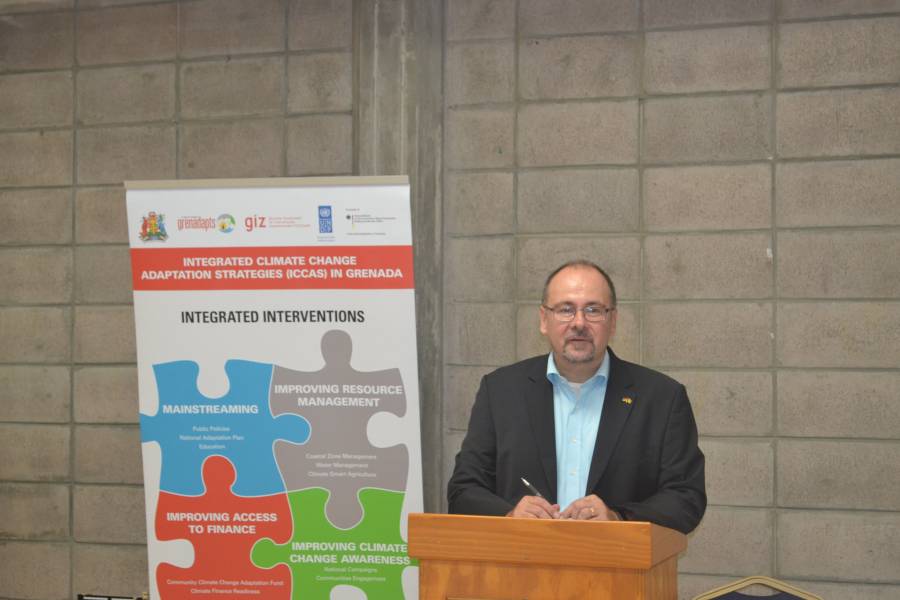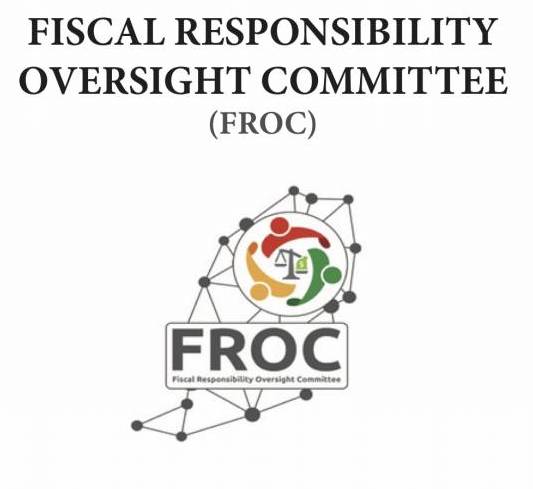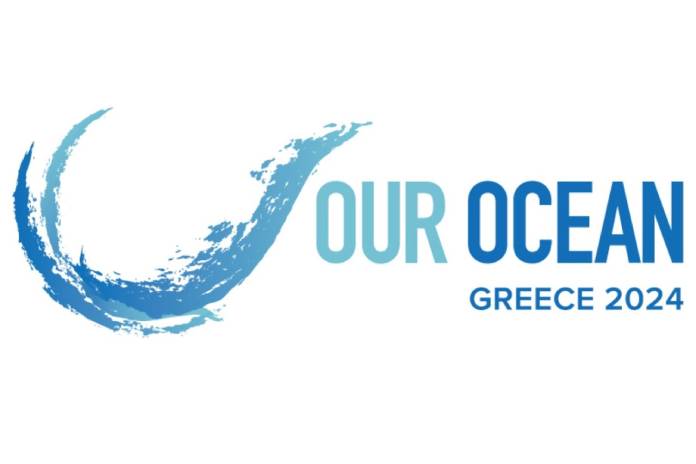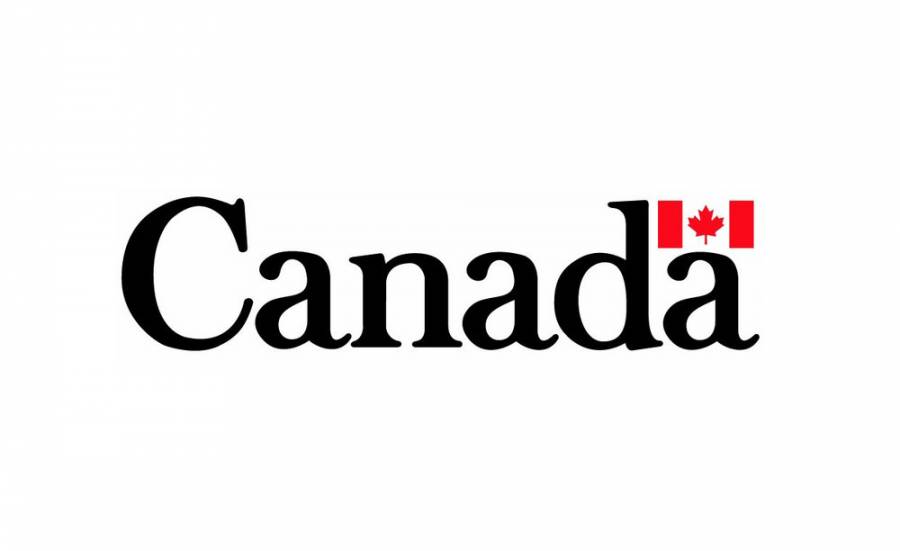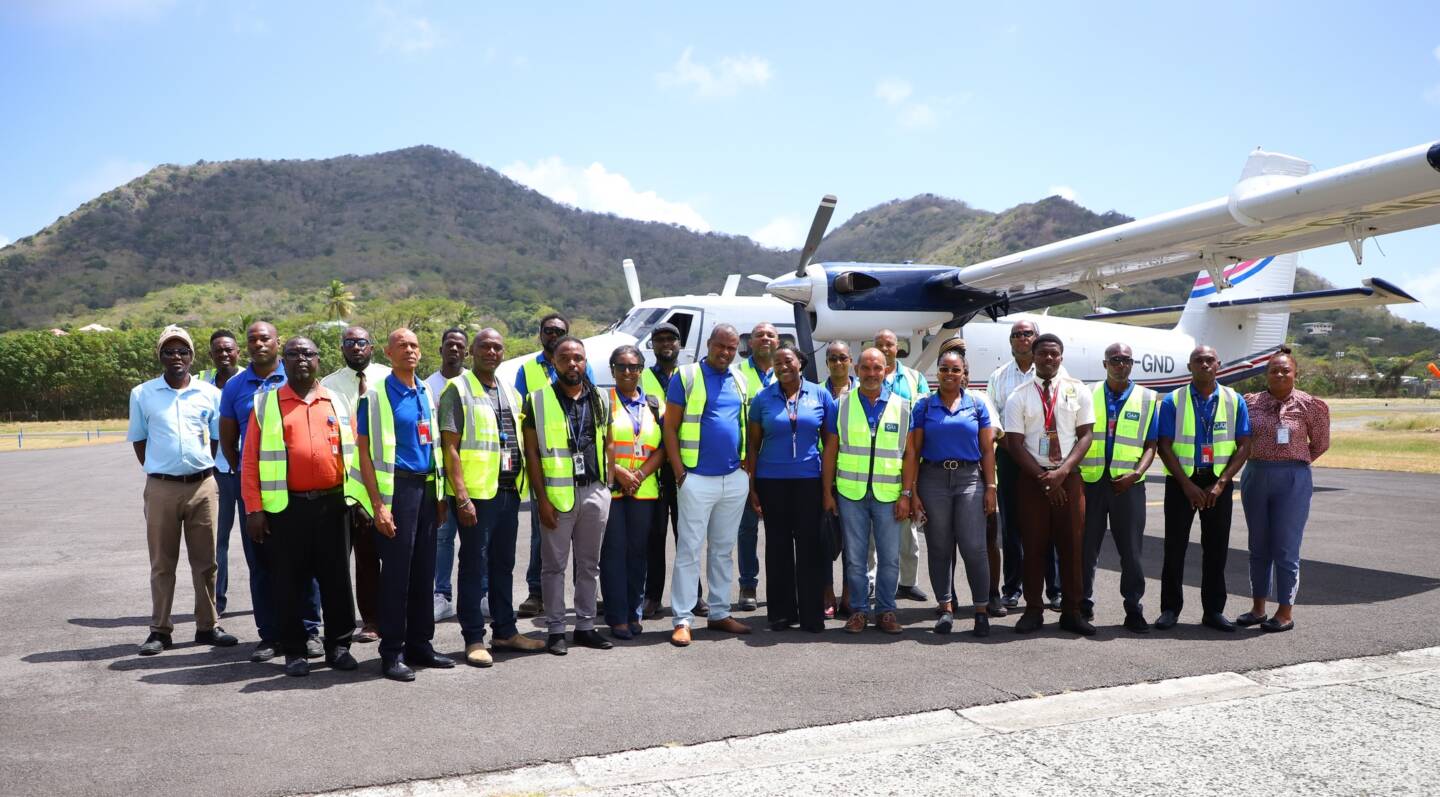Actors from the financial sector in Grenada were invited to discuss the risk of climate change to their industry and work on solutions to bring more resilience to their operations as well as the country.
In his opening remarks, Honourable Simon Stiell, Minister of Climate Resilience, the Environment, Forestry, Fisheries, Disaster Management & Information, stressed the important role that the sector could play in strengthening the country’s ability to adapt and mitigate the effects of climate change. Products proposed by lending institutions and insurances can motivate clients to invest in climate-smart building practices, such as hurricane-resistant roofs and shutters or rainwater harvesting, but also to invest in mitigation practices such energy efficiency or renewable energy.
Dieter Rothenberger, Head of the ICCAS project, also mentioned in an interview that the financial sector, that is banks, credit unions and insurance, are highly at risk themselves, if the assets they financed or insured by them face higher risks due to climate change. Hence, they need to be informed of the different level of risk this phenomenon brings to their industry.
Indeed, Grenada is negatively impacted by climate change including warmer temperatures, rising sea levels, and more frequent and severe extreme weather events such as hurricanes, storms, flooding and droughts. These events can cause extensive disruption to the built environment, infrastructure development as well as for Grenada’s key economic sectors, such as agriculture and tourism. These impacts have major implications for both the financial and insurance sectors. A decline in the economy would create business risks for the financial sector. As their clients’ income and financial stability is affected, the patterns for saving, spending, investing and lending will change. This will have an impact on the financial sector’s earning capacity. Furthermore, assets financed by banks and other investment funds might be at risk both due to economical downfall or exposure to increased weather events.
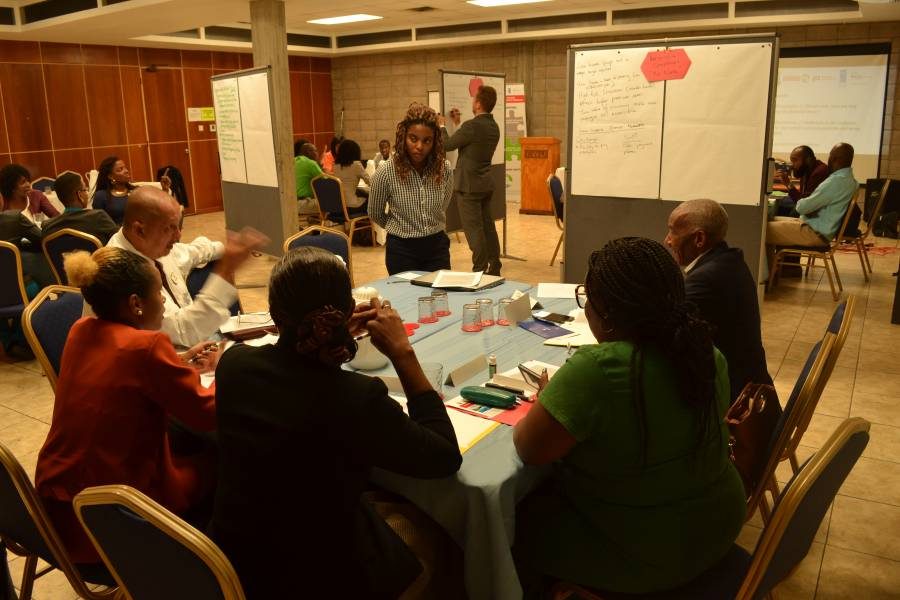
A presentation by GIZ-ICCAS’ technical officers Ntaba Francis and Magali Bongrand informed about the climate change risks to the banking and financing institutions. Afterwards, Tara James, Project Coordinator for the Munich Climate Change Initiative, a project which develops insurance solutions for farmers, presented the impacts of climate change to the insurance industry across the region and Curllan Bhola, Technical Expert for the C4 project, working on making Grenada’s cooling industry more climate-friendly, gave a presentation on energy and water efficiency solutions for which the financial sector could develop products to facilitate their adoption in Grenada. These presentations sparked lively discussions, which were followed on in working groups which focussed on questions such as “Are there any products that can be developed to motivate your clients to use more climate resilient building practices?” or “How can the lower income households’ risks be covered for droughts, flooding, landslides, storms and hurricanes?”. Participants came up with a number of ideas, such as lower mortgages rates or insurance premiums for buildings which comply with certain parameters and discussed solutions to the challenges of providing finance for energy and water efficiency solutions.
The workshop was hosted under the Integrated Climate Change Adaptation Strategies (ICCAS) project, which is implemented by the Environment Division within the Ministry of Climate Resilience, the Environment, Forestry, Fisheries, Disaster Management & Information and the German Development Cooperation (GIZ) and funded by the German Federal Ministry of Environment, Nature Conservation and Nuclear Safety under its International Climate Initiative (IKI).
ICCAS
